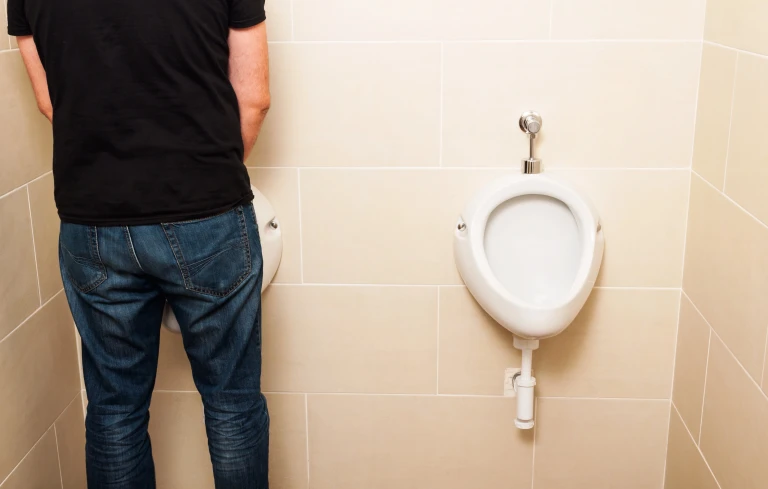Tourists can now face real prison time for posts criticizing Indonesian culture, laws, or local residents. The same applies to publications related to violence, drugs, and nudity.
President of Indonesia, Joko Widodo, has approved amendments to the little-known but important set of laws that tourists should keep in mind while traveling through the country.

Indonesia's information and electronic transactions law (ITE) is one of the strictest in the world. The document dictates what can and cannot be transmitted online,on television, or in the media.
For example, the ITE law monitors how internet users respect privacy when communicating. It also deals with cybercrime, incitement of hatred, distribution of drugs online, and other illegal activities.
The amendments,which come into effect in 2024, are several. But the most important thing for tourists to remember is that sanctions can be taken against 'every person who intentionally and without the right to transmit, display, distribute, transmit and/or make electronic information and/or electronic documents available to the public that contain content that violates decency.'
Content 'violating decency' includes a wide range of information from nudity and violence to drugs.
Tourists who turn to social media to complain about the features of Balinese life or accuse locals of committing any offense, no matter how insignificant or significant, should pay special attention to this.
Also,tourists should remember that capturing cases of people breaking the law, behaving in an antisocial manner, or showing cultural disrespect, and then uploading it to social media, can also lead to punishment.
Furthermore,tourists should now be more careful with the publication and even verbal statement of facts that may be interpreted as false,exaggerated,or inciting hatred. This includes spreading false news.
It is unclear, by the way, how the law will work in cases where locals themselves film tourists breaking the law and do everything to make the videos go viral and be noticed, including by the authorities. After all, as practice shows, local officials are inclined to react more quickly to those crimes, information about which has been widely disseminated on social networks.
It is not specified who will monitor the publications of foreigners. Apparently,it all depends on how quickly someone local notices a tourist's questionable post and complains to the competent authorities. The further decision will be at the discretion of the authorities.
The law allows the police,through a mobile operator, to temporarily close accounts with violations,restrict access to bank accounts, prohibit access to electronic money, and digital assets. It is not specified how this will be implemented from a technical point of view.
In addition, for some violations, the law provides for imprisonment. Including spreading false news for up to 6 years. This is in addition to a fine of 1 billion rupiahs.
Libel on the internet or any other infringement of someone's good name can be punished with imprisonment for up to two years and/or a fine not exceeding 400 million rupiahs.
So, to avoid trouble, tourists should adhere to some rules:
- Be cautious when speaking about Indonesian culture, laws, or residents.
- Avoid capturing and sharing videos of people committing offenses or behaving disrespectfully.
- Be careful in publishing or verbalizing facts that may be interpreted as false or inciting hatred.

You can add one right now!